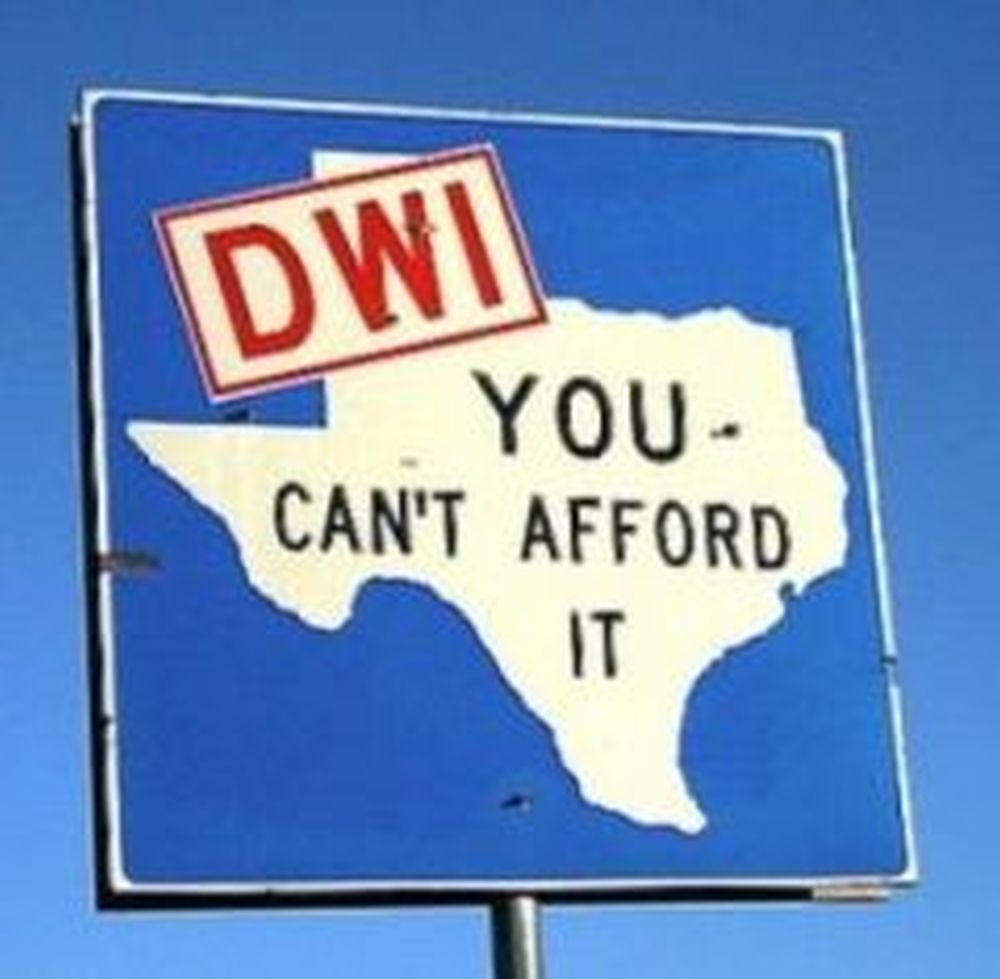Did you know that Illinois requires over 90% of drivers to carry vehicle insurance? This mandate isn't just a bureaucratic formality; it serves a critical purpose in ensuring that drivers can meet their financial obligations after an accident. With minimum coverage requirements in place, the state aims to protect all road users. But what implications does this have for you as a driver? Let's explore the intricacies of this essential regulation.
When registering your vehicle in Illinois, it's vital to understand that proof of auto insurance isn't just recommended—it's mandatory. This requirement serves an important purpose: guaranteeing that all drivers on the road can take financial responsibility for any accidents they may cause. In a state where vehicle registration is mandatory for all vehicles, having valid auto insurance not only protects you but also safeguards other road users. Additionally, auto insurance policies typically provide various coverage options that can suit different drivers' needs.
The Illinois Vehicle Registration process stipulates that you must complete your registration within 20 days of purchasing a vehicle or transferring ownership. To fulfill this obligation, you'll need to provide proof of minimum liability insurance coverage, which includes at least $25,000 for bodily injury per person and $50,000 per accident. Additionally, you're required to have uninsured/underinsured motorist coverage, which provides further protection in situations where the other driver lacks adequate insurance. Furthermore, the first-time registration fee for standard plates is $99, which emphasizes the importance of being financially prepared during this process.
Illinois has implemented the Electronic Liability Insurance Verification System (ILIVS) to streamline the insurance verification process. This system checks your insurance status at least twice a year through a third-party vendor. If your insurance can't be verified, you run the risk of having your registration suspended. It's important to stay ahead of this process because you have 30 days to rectify your insurance status after an initial verification failure. While there's no initial verification fee, you'll face a $100 reinstatement fee if your registration gets suspended due to insurance issues.
Illinois utilizes the Electronic Liability Insurance Verification System to ensure compliance with insurance requirements, checking status biannually to prevent registration suspensions.
The rationale behind these requirements is clear. Driving without insurance is considered a petty offense in Illinois, with fines reaching up to $1,000 for offenders. First-time violators can expect a three-month suspension of their driver's license, and repeat offenses lead to even more severe penalties. By requiring insurance, the state aims to minimize the financial consequences of accidents and guarantee that everyone on the road carries a safety net for themselves and others.
Moreover, while liability coverage is mandatory, physical damage insurance—like collision or extensive coverage—isn't required by law. However, if you've financed your vehicle, your lender may mandate such coverage to protect their investment. Understanding these nuances can help you navigate the insurance landscape more effectively.
When registering your vehicle, you'll also encounter various fees based on the type and age of your vehicle, with new vehicles under three years old costing $151 to register. Don't forget that annual vehicle taxes apply as well, based on your vehicle's age and value, in addition to proof of insurance during the registration process.
If you're a non-resident with a vehicle in Illinois, you may still need to register it and comply with the state's insurance laws. For specialty plates or unique vehicle types, additional processes and fees may apply.
Conclusion
In Illinois, having vehicle insurance isn't just a legal requirement; it's an essential safety net. With approximately 1 in 10 drivers on the road uninsured, ensuring you have coverage protects you and others in case of an accident. The state's Electronic Liability Insurance Verification System helps enforce this, promoting accountability among drivers. By securing the minimum liability coverage, you're not only complying with the law but also contributing to a safer driving environment for everyone.

